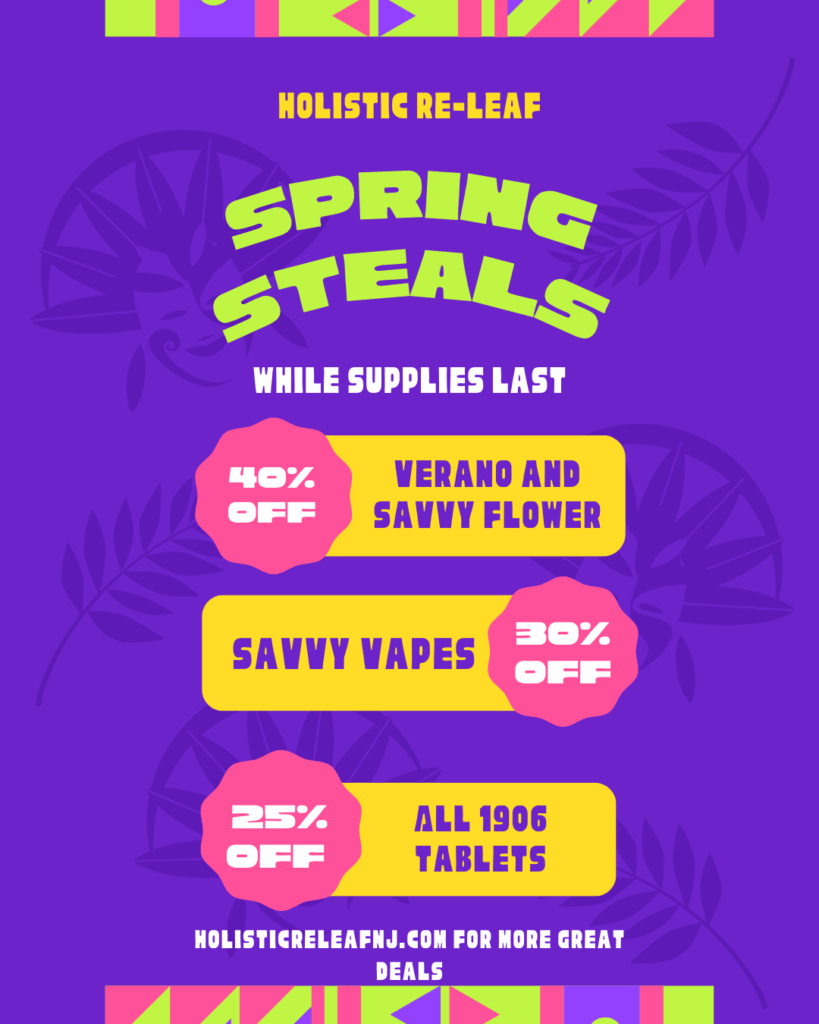Cooking with cannabis can be a rewarding and enjoyable experience, allowing you to create delicious edibles that offer both flavor and the benefits of cannabis. However, mastering the art of cannabis cooking requires some knowledge and finesse. In this post, we’ll provide you with 10 essential tips for cooking with cannabis, ensuring your edibles are both tasty and effective.
- Understanding Decarboxylation
Decarboxylation is the process of heating cannabis to activate its psychoactive properties. Raw cannabis contains THCA, a non-psychoactive compound. When heated, THCA converts to THC, which is responsible for the psychoactive effects. To decarboxylate cannabis, spread your ground cannabis on a baking sheet and bake it in an oven at 220-245°F (105-120°C) for 30-40 minutes. This step is crucial to ensure your edibles have the desired potency. - Choose the Right Strain
Not all cannabis strains are created equal. Different strains have varying levels of THC, CBD, and other cannabinoids, which can affect the overall experience. When selecting a strain for cooking, consider the desired effects. For a more relaxing experience, choose an indica-dominant strain. For a more uplifting effect, opt for a sativa-dominant strain. Hybrid strains can offer a balance of both. - Use High-Quality Ingredients
The quality of your ingredients will directly impact the taste and effectiveness of your edibles. Use fresh, high-quality cannabis and other ingredients to ensure the best results. Organic and locally-sourced ingredients can enhance the flavor and overall experience of your cannabis-infused dishes. - Infuse Cannabinoids into Fat
Cannabinoids are fat-soluble, meaning they bind well with fats. To effectively infuse cannabis into your recipes, create a cannabis-infused fat such as butter or oil. This process involves simmering decarboxylated cannabis with butter or oil over low heat for several hours. Once infused, strain out the plant material and use the infused fat in your recipes.
How to Make Cannabis Butter (Cannabutter)
To make cannabutter, you’ll need:- 1 cup of butter.
- 1 cup of decarboxylated cannabis.
- Melt the butter in a saucepan over low heat.
- Add the decarboxylated cannabis to the melted butter.
- Simmer on low heat for 2-3 hours, stirring occasionally.
- Strain the mixture through a cheesecloth to remove the plant material.
- Allow the cannabutter to cool and solidify before using it in recipes.
- Dose Carefully
One of the most important aspects of cooking with cannabis is dosing. Consuming too much THC can lead to an unpleasant experience. Start with a small amount of cannabis in your recipes and gradually increase the dosage as you become more comfortable. A common starting point is 5-10mg of THC per serving. Always label your edibles with the dosage to ensure responsible consumption. - Be Mindful of Flavor
Cannabis has a distinct flavor that can be quite strong. Depending on your recipe, you may want to mask or complement this flavor. For savory dishes, strong herbs and spices like rosemary, thyme, and garlic can help balance the taste. For sweet recipes, flavors like chocolate, vanilla, and cinnamon can work well. Experiment with different flavor combinations to find what works best for you. - Mix Thoroughly
To ensure an even distribution of cannabinoids in your edibles, mix your ingredients thoroughly. This is especially important when using cannabis-infused fats. Uneven mixing can result in some portions being more potent than others, leading to inconsistent dosing. Take your time to mix well and achieve a uniform distribution. - Use Low Heat
Cannabinoids can degrade at high temperatures, reducing the potency of your edibles. When cooking with cannabis, use low heat to preserve the cannabinoids. Avoid boiling or frying at high temperatures. Slow cooking methods, such as simmering and baking at lower temperatures, are ideal for cannabis-infused recipes. - Store Properly
Proper storage is essential to maintain the potency and freshness of your cannabis edibles. Store your edibles in an airtight container in a cool, dark place. Refrigeration can extend the shelf life of your edibles, but be sure to label them clearly to avoid accidental consumption. For long-term storage, consider freezing your edibles. - Experiment and Have Fun
Cooking with cannabis is a creative process. Don’t be afraid to experiment with different recipes, strains, and dosages. Keep a journal to track your experiments and note what works best for you. Enjoy the process and have fun creating your own cannabis-infused culinary masterpieces.
Conclusion
Cooking with cannabis can be a delightful and rewarding experience, allowing you to enjoy the benefits of cannabis in a variety of delicious forms. By following these 10 tips, you’ll be well on your way to mastering the art of cannabis cooking. Remember to decarboxylate your cannabis, choose the right strain, use high-quality ingredients, infuse cannabinoids into fat, dose carefully, be mindful of flavor, mix thoroughly, use low heat, store properly, and most importantly, experiment and have fun. Discover Rockaway’s Holistic Re-leaf Dispensary, offering terpene-rich and CBD-rich cannabis products alongside a variety of terpene-based goods. Explore our collection today!



